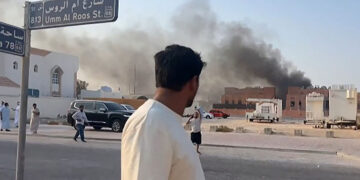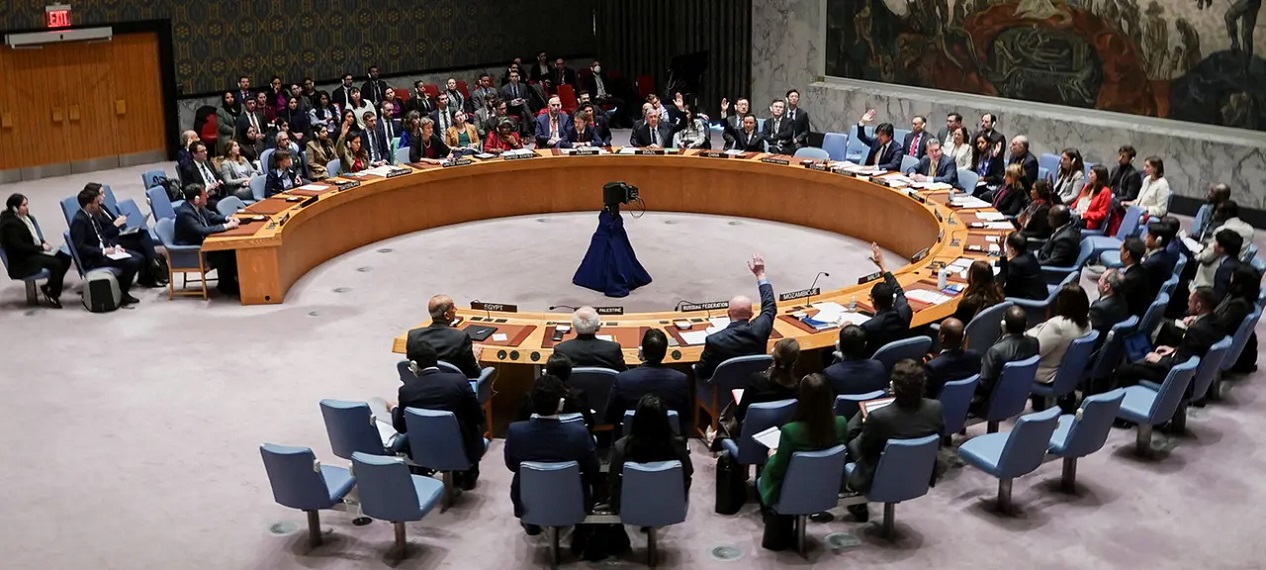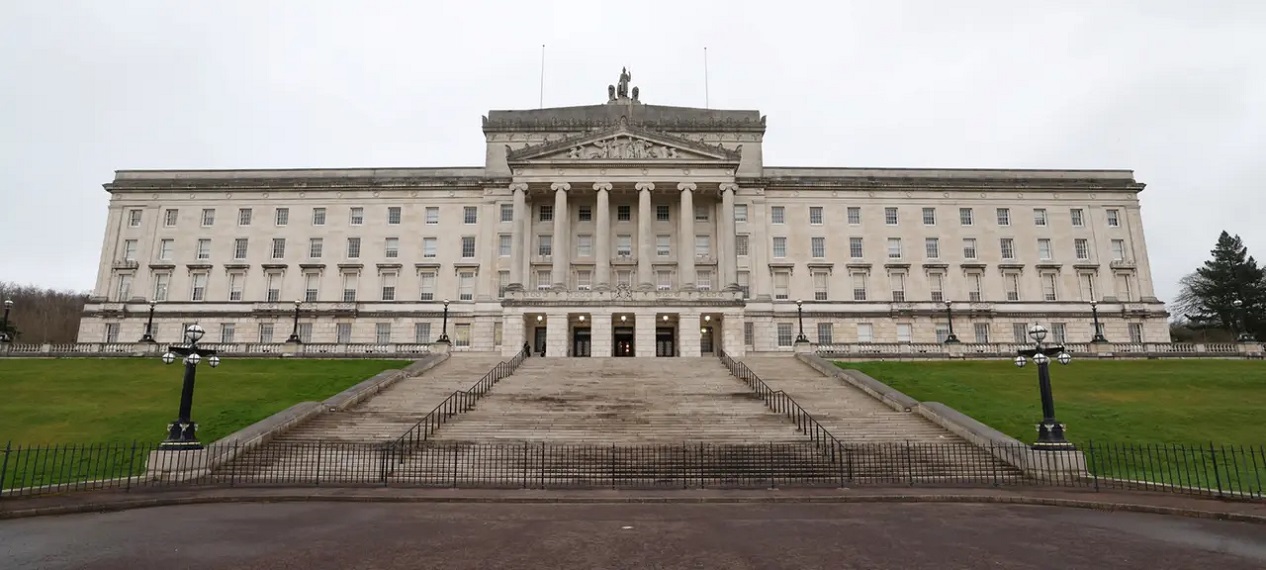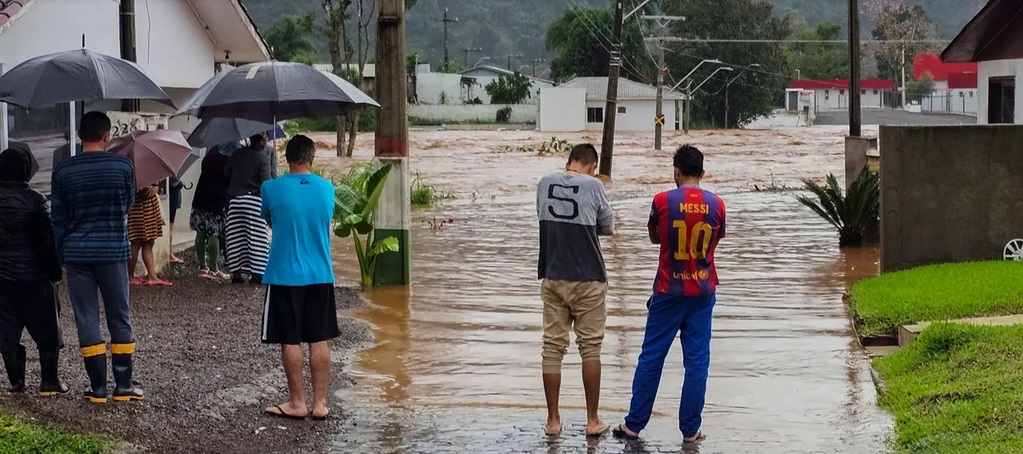UN Resolution Calls for Aid Deliveries to Gaza
After long negotiations, the UN Security Council has adopted a resolution on the Middle East conflict. The United States did not veto the revised text. The resolution primarily focuses on humanitarian aid for Gaza, but Israel expressed dissatisfaction.
After days of delay, the UN Security Council finally reached an agreement on a resolution regarding the war in the Middle East. The resolution calls for an increase in humanitarian aid to the approximately two million people in need in the Gaza Strip. The final resolution differs significantly from the original draft, against which the United States had threatened to veto. However, this time the United States abstained from voting. In total, 13 of the 15 countries supported the text, with the United States and Russia abstaining.
The legally binding decision urges Israel to “immediately enable safe and unimpeded humanitarian access” to the Gaza Strip. It also emphasizes the need to create conditions for a sustainable cessation of violence.
Regarding the disputed issue of control over humanitarian goods, the council members agreed to appoint a relevant UN coordinator. This coordinator should work with all parties involved to expedite the delivery of aid. Furthermore, the resolution demands that humanitarian goods flow into the Gaza Strip through all available border crossings.
Resolution text has been watered down
It had seemed likely that Washington would use its veto power to protect the interests of its ally, Israel. As a result, some passages were removed under pressure from the United States. A paragraph condemning “all violations of international humanitarian law, including all arbitrary attacks on civilians and civilian objects” can no longer be found in the resolution. The previously demanded immediate cessation of violence to facilitate aid deliveries is also missing.
In addition, the United States vetoed a proposed amendment by Russia that would have reinstated the call for a cessation of hostilities in the text. This is likely why Russia abstained from the vote.
Israel recalls Hamas hostages
The Israeli ambassador to the UN criticized the resolution, stating, “The fact that the UN only focuses on aid measures for the Gaza Strip is unnecessary and detached from reality.” Gilad Erdan added that Israel already allows the necessary aid deliveries and that the UN should have focused on the humanitarian crisis of the hostages.
Israeli Foreign Minister Eli Cohen wrote on the online service X, “Israel will continue the war in Gaza until all hostages are released, and Hamas is eliminated in the Gaza Strip.” From the Israeli perspective, there should be no change in the control of aid deliveries. Cohen stated, “For security reasons, Israel will continue to inspect all humanitarian aid destined for Gaza.”
UN Secretary-General António Guterres also expressed skepticism, albeit from a different standpoint. Referring to the absence of a demand for an end to violence, he said, “Much more is needed immediately.” The Portuguese official continued, “A humanitarian ceasefire is the only way to meet the urgent needs of the people in Gaza and put an end to their ongoing nightmares.” According to him, humanitarian aid can only be effective if there is no ongoing fighting.
Hunger, scarcity, and destruction in Gaza
The humanitarian situation in the Gaza Strip is dire. According to United Nations estimates, the war between Israel and Hamas has turned approximately 1.9 million out of the total 2.4 million people in the Gaza Strip into internally displaced persons. Many houses have been destroyed, and there is a shortage of food, water, fuel, and medical supplies.
The Israeli army continues to bomb targets from the air and has launched a ground offensive in the Gaza Strip. According to the health authority controlled by Hamas, which cannot be independently verified, at least 20,000 people have been killed so far












